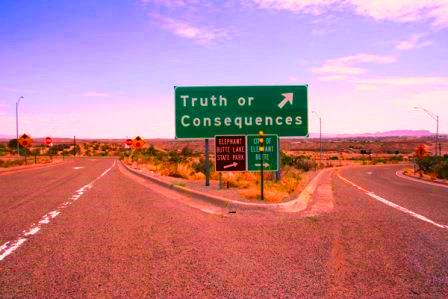Non-Classical Abstract Logics
Workshop organized by Fabien Schang and James Trafford You can download here the poster According to the “classical” view, logic is a theory of consequence ?L,Cn?, where Cn is taken to be either a relation between sets of formulas in a language L or an operator on formulas. By “classical” here, we do not mean the view of logic which is defined by a semantic model with only two truth-values (truth and falsity). Rather, we mean the broader sense in which the foundations of a logic have to do with a basic relation of truth-preservation. This workshop will question this view, and investigate alternatives. There are a number of suggestions available in the literature regarding what shape such a non-classical “abstract logic” might take. For example, from the point of view of semantics, Shramko and Wansing suggest a generalized theory of truth-values and entailment relations which do not solely preserve truth. From the point of view of dialogue, reasoning and inferentialism, a number of authors (e.g. Dutilh-Novaes; Restall; Ripley) both investigate the foundations of logical deduction and question the centrality of truth-preservation in the construction of logical systems. We think that there are three predominant attitudes that can be identified in the investigation of the abstract properties of logical systems. The first contends that every logical system has ultimately to do with different ways to preserve truth from premises to conclusion. The second questions the centrality of truth and makes room for more relations of consequence between premises and conclusion. Finally, the third is even more radical by questioning the very relation of consequence. Should the latter always be seen as a cornerstone in any abstract study of logic? In this vein, falsification, and relations of rejection, have been studied on a equal footing with truth-preservation (e.g. Slupecki, Skura). Such investigations may be understood as initiating a broader view of logical relations that could lead to a more comprehensive reflection on the discipline. In this regard, consequence, rejection, inference, or even mere difference (in the context of a wider reading of the logical concept of opposition) may be considered to be equally basic notions to investigate the foundations of logic.
|
Keynote Speaker
Call for papers Any contribution to the renewal of abstract logic (both in a “classical” or “non-classical” trend) will be welcome in this workshop, utilising various working methods (algebraic semantics, proof theory, sequent calculus, dialogues), and aiming at a unifying abstract theory of logic of the form ?L,??. This includes questions concerning:
Abstracts should be sent via e-mail to: Contributing Speakers Sanderson Molick and Daniel Skurt, Federal University of Rio Grande do Norte, Natal, Brazil and Ruhr University of Bochum, Germany , Dualizing q-consequence operations Daniele Chiffi, Massimiliano Carrara and Ciro De Florio, University of Padua, Padova, Italy, Towards a pragmatic logic for denial David Ripley, Dpt of Philosophy, University of Connecticut, USA, Uniqueness without reflexivity or transitivity Bao Long Dang Van Catholic University of Louvain, Louvain-la-Neuve, Belgium, Anti-intuitionism as a logic of refutation Reihane Zoghifard and Massoud Pourmahdian Department of Mathematics and Computer Science, AmirKabir University of Technology, Tehran, Iran, Lindström theorem for first-order modal Logic
|
||||

